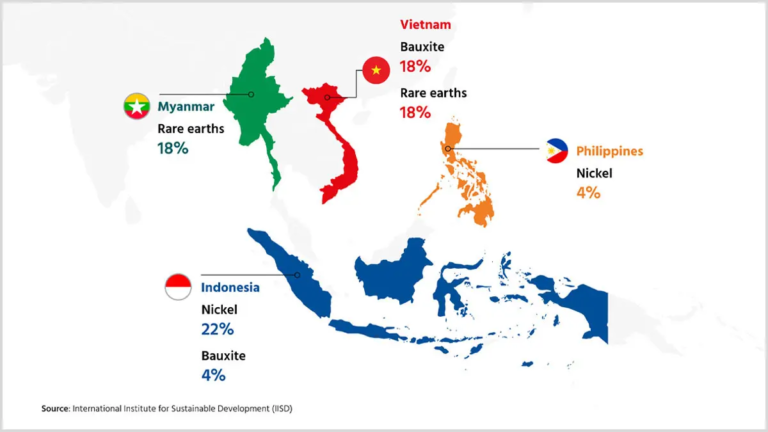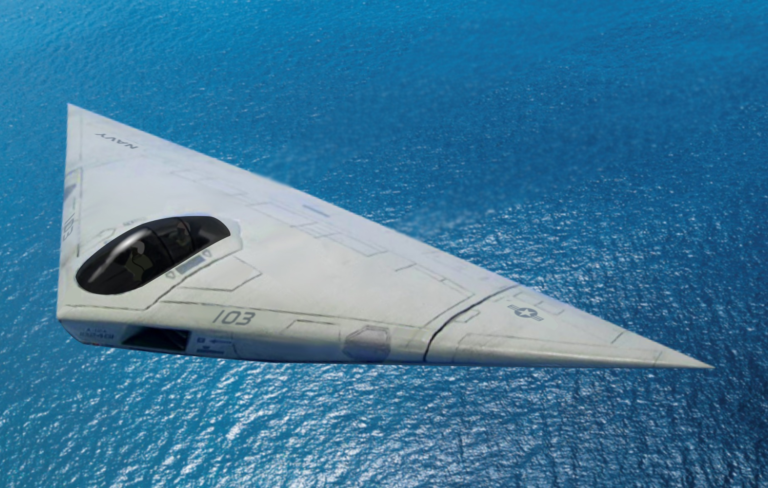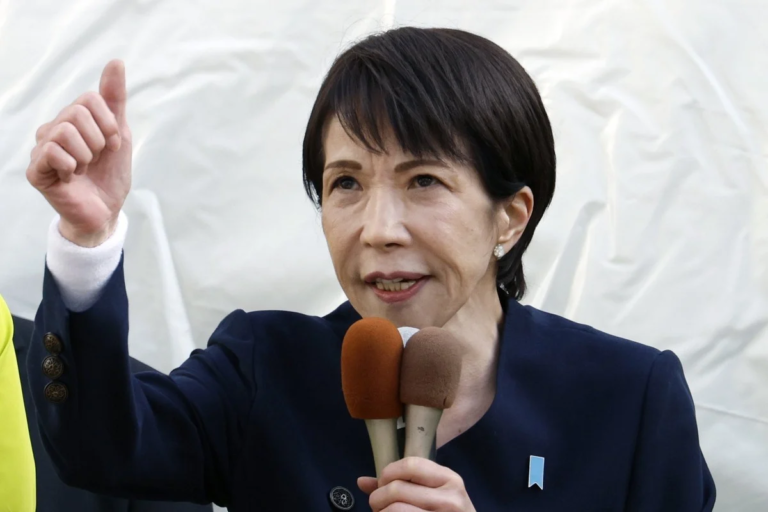
As Japan faces a security environment that Prime Minister Shigeru Ishiba says is the most complex since the end of World War II, the country has been relying on a diplomatic tactic it has long favored: the quickest way to a leader’s heart is through their stomach.
In March, Ishiba attended a dinner with Brazilian President Luiz Inacio Lula da Silva, who was visiting Japan as a state guest. In an effort to expand trade, the meal included Japanese scallops and sweet potato-based shochu distilled liquor — neither of which Brazil currently imports.




